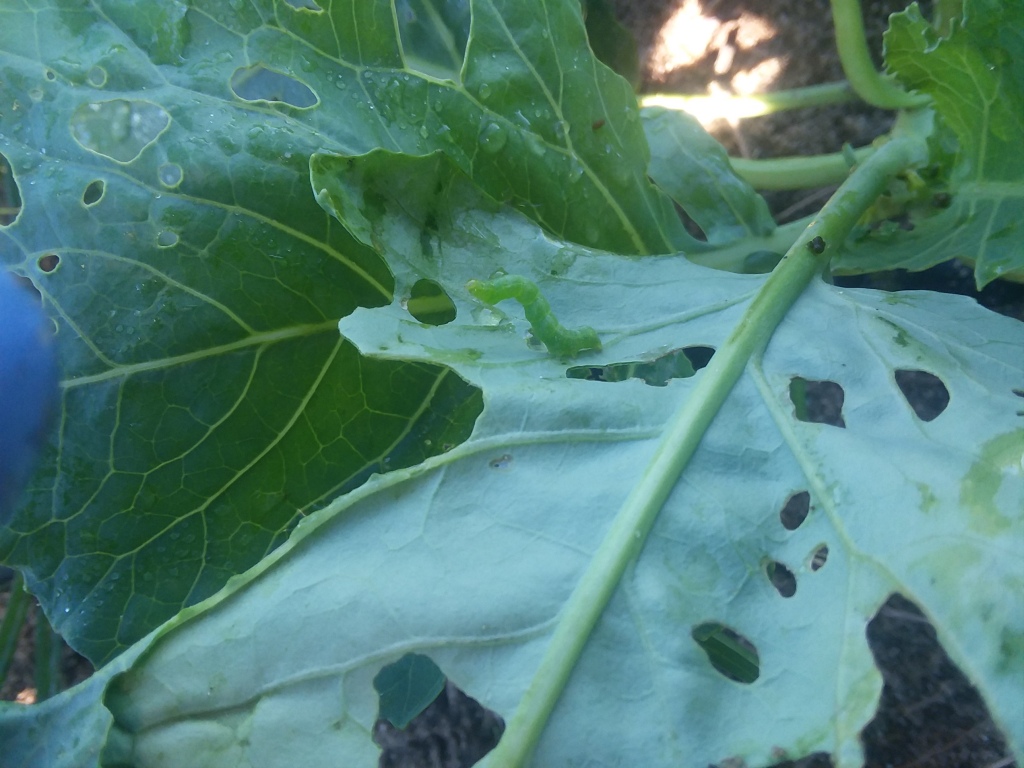Clemson Extension agents provided updates in The South Carolina Grower this week about the status of various crops being produced throughout the state.
Weekly Field Update-9/21/20
Coastal
Zack Snipes reports, “Cooler temperatures have finally arrived in the Lowcountry! We had a good bit of rain in certain areas last week, and some fields are soggy. I saw lots and lots of silverleaf disorder in squash this past week. Silverleaf disorder is caused by whiteflies. The nymphs of the whitefly feed on the newly developing tissue which causes the upper epidermis of the leaf to separate, thus giving the plant a silver appearance. I am still seeing heavy whitefly pressure in most crops throughout the Lowcountry so keep up with spray programs and remember to rotate chemistries. For more information on the whitefly, click here.

Midlands
Justin Ballew reports, “These cooler temperatures that have arrived following the rain feel great, but they are going to slow crop development some. Folks are already picking fall brassicas, though some may be a little small. Just trying to keep up with demand. There are plenty of caterpillars out there. I’m seeing diamondback moths (of course) as well as cabbage loopers and a few corn earworms. Be sure to rotate your insecticides when spraying for caterpillars. Folks are continuing to prep fields for the rapidly approaching strawberry season.”

Pee Dee
Tony Melton reports, “Rain, rain, rain. It came quickly, so most drained off quickly, if drainage was adequate. Need to dig sweet potatoes as quickly as possible to keep down the amount of rot. Greens, pickles, and peas are struggling to survive the rain – some are drowned. Ponds are back in the fields. Some strawberry plastic is already down, but the rest of the folks are just beginning this week. Transplants are scarce and most likely will be late getting here this year.
Upstate
Kerrie Roach reports, “There has been a significant rise in wine grape production interest over the last month or two in the Upstate. Each week seems to bring another caller asking for recommendations. While climates here are relatively good for grape production overall, high humidity and heat make disease control difficult. Pierce’s Disease is one of the deadliest to deal with; prevention requires intense insect vector control and control means the complete removal of the affected plant. Recent studies have brought new cultivars to the forefront which are helping southern growers become more successful in this niche industry.










